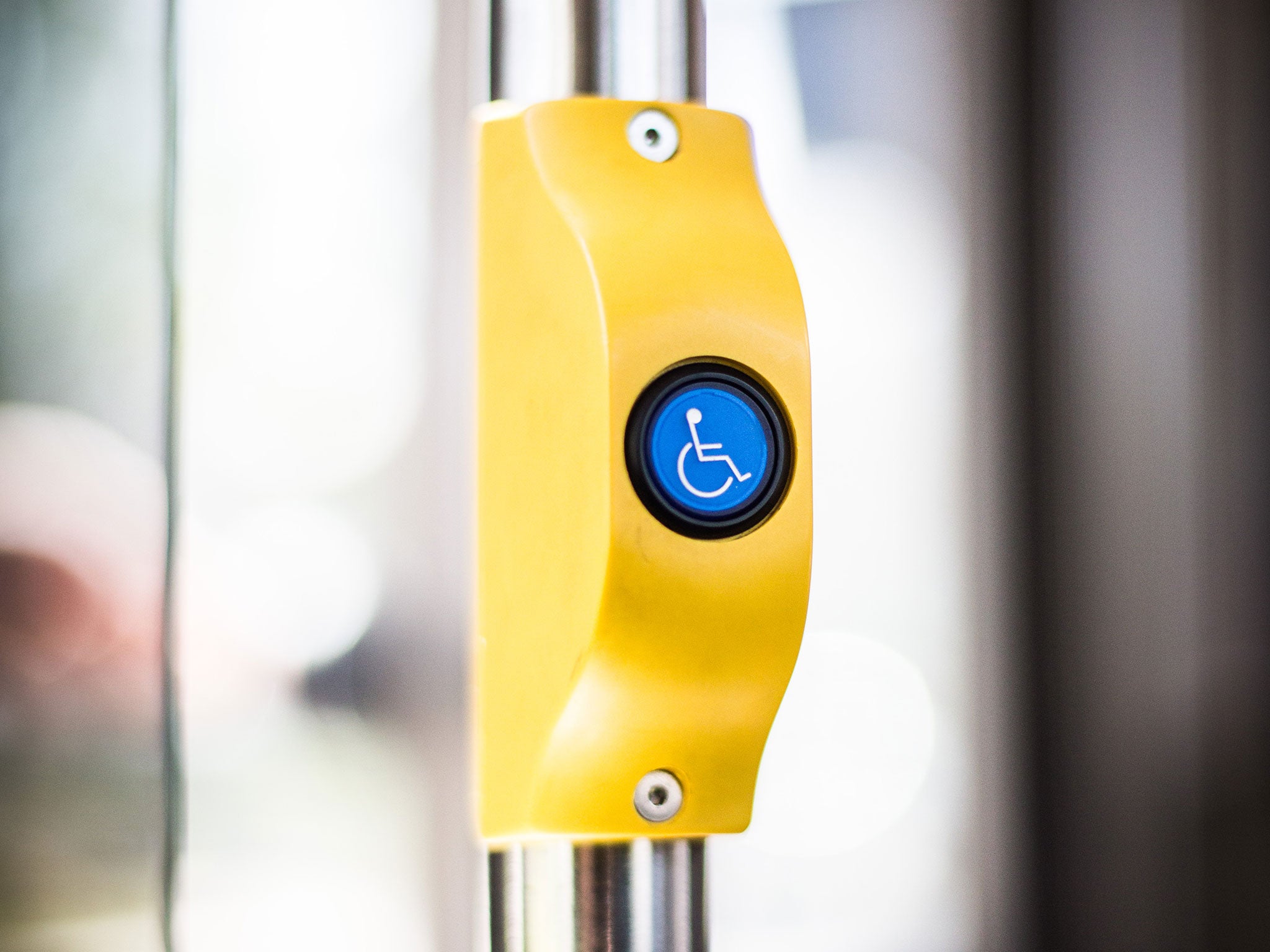First Bus wins appeal meaning drivers won't be legally required to ask parents to move buggies from bays for wheelchair users
The ruling was met with mixed responses on social media

Your support helps us to tell the story
This election is still a dead heat, according to most polls. In a fight with such wafer-thin margins, we need reporters on the ground talking to the people Trump and Harris are courting. Your support allows us to keep sending journalists to the story.
The Independent is trusted by 27 million Americans from across the entire political spectrum every month. Unlike many other quality news outlets, we choose not to lock you out of our reporting and analysis with paywalls. But quality journalism must still be paid for.
Help us keep bring these critical stories to light. Your support makes all the difference.
Bus companies will not be legally required to compel parents to move their children’s buggies to make way for wheelchair users, following a judgement at the Court of Appeal today.
The “proper remedy” for wheelchair users to get improvements in such cases is to ask Parliament, three judges ruled.
First Bus Group had asked the judges to give a ruling following a woman's refusal to move a pushchair with a sleeping baby from a bay on a bus to Leeds in 2012, in order to allow wheelchair user Doug Paulley to board.
The judges heard that the bus operator has a policy of “requesting but not requiring” non-disabled travellers to vacate the space if it is needed by a wheelchair user.
A judge at Leeds County Court had previously ruled that the policy was discriminatory and in breach of a duty under the Equality Act 2010 to make reasonable adjustments for disabled people.
Mr Paulley, from Wetherby, West Yorkshire, won £5,500 in damages against First Group, after Recorder Paul Isaacs declared the company should have taken measures to ensure he was not at a disadvantage when he tried to get on the bus.
Martin Chamberlain QC, for First Group, told the appeal court that there was a long-running problem on public transport that had produced conflicting court decisions and bus operators were now seeking legal clarity.
On Twitter, there were mixed responses to the ruling. Many Twitter users expressed their disappointment at the outcome:
However, others Twitter users were more sympathetic towards the ruling:
Mr Paulley's defence of the Isaacs decision is being funded by the Equality and Human Rights Commission. His lawyers have now applied to appeal to the Supreme Court.
Case study: Anna Alston, 31, Camden
"I have cerebral palsy and have always used a wheelchair. It was impossible to use the buses in London until I was 16 because there were no wheelchair spaces. It felt like a breakthrough when they were introduced.
"But there have been many occasions when I haven’t been able to get on a bus because of buggies taking up the space. It is frustrating.
"People with buggies don’t tend to move for you and I don’t like to ask them to because it makes me feel vulnerable; I don’t know how they’ll react. Sometimes they get angry and say it is their right to stay there, which is now true thanks to this ruling.
"Disabled people tried for years to get space on the bus. It feels very unfair."
Subscribe to Independent Premium to bookmark this article
Want to bookmark your favourite articles and stories to read or reference later? Start your Independent Premium subscription today.
Join our commenting forum
Join thought-provoking conversations, follow other Independent readers and see their replies
Comments